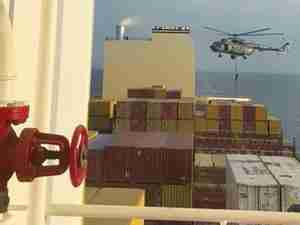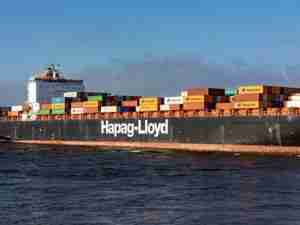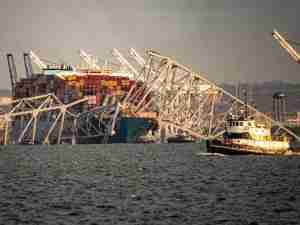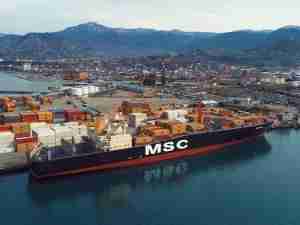The world's biggest container shipping company, Maersk Line, a unit of A.P. Moller-Maersk, said last week that its average rate per 40-foot unit fell to $2,860 in the third quarter from $3,251 in the same quarter last year -- a rate at which it lost $124 per container.
Member carriers in the Transpacific Stabilization Agreement (TSA) said they agreed there was an urgent need to raise steadily falling freight rates.
The TSA's members include the world's biggest container shipping lines, such as Denmark's Maersk, privately owned Switzerland-based Mediterranean Shipping Company (MSC), French privately held CMA CGM, China's COSCO , Korea's Hanjin Shipping, and others.
"Rate levels during 2011 have steadily eroded despite rising inland transport, cargo handling and other costs," the TSA's executive administrator Brian Conrad said in a statement.
"Now, carriers are seeing stronger U.S. holiday season cargo volumes on the heels of positive economic GDP and retail sales data, as well as robust forward bookings leading into the early Lunar New Year factory holidays in Asia," Conrad said.
The organization said the objective was to meet expected cargo demand growth and begin reversing 2011 revenue losses.
Freight rates have plunged to loss-making levels this year as a result of overcapacity in the market, and Maersk said last week it expected its container shipping business to post a loss for 2011 due especially to weak rates on Asia-Europe routes.
Founded in 1989, the TSA calls itself a "research and discussion forum of major container shipping lines" serving the trade from Asia to the United States.
Liner shipping was earlier organized in similar groups called "liner conferences", which met to discuss market conditions, freight rates and other common concerns.
But the European Union decided in 2006 to ban the practice as against competition rules and the ban took effect in 2008.
Conrad said the "interim cost recovery and revenue restoration efforts" were separate from the TSA's annual recommendations in connection with May 2012 contracts, which would be finalized around year-end or at the beginning of 2012.
"In addition...some lines, on an individual basis, will be pursuing further opportunities for restoring particularly hard-hit rates prior to January 1," the Oakland, California-based TSA said. (Reuters)










